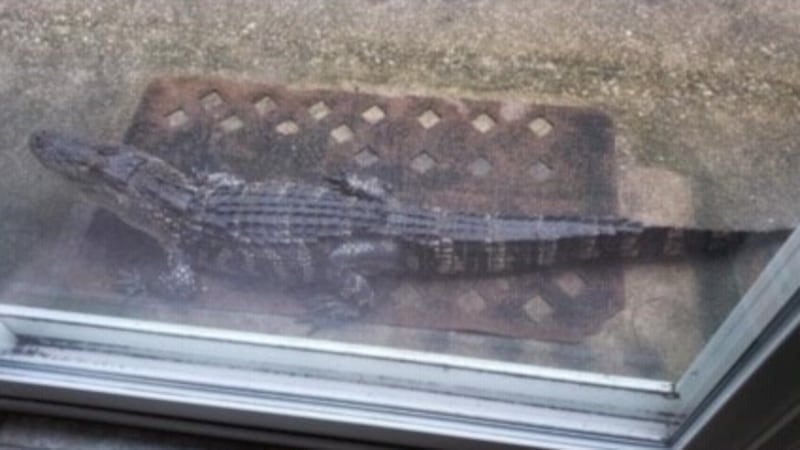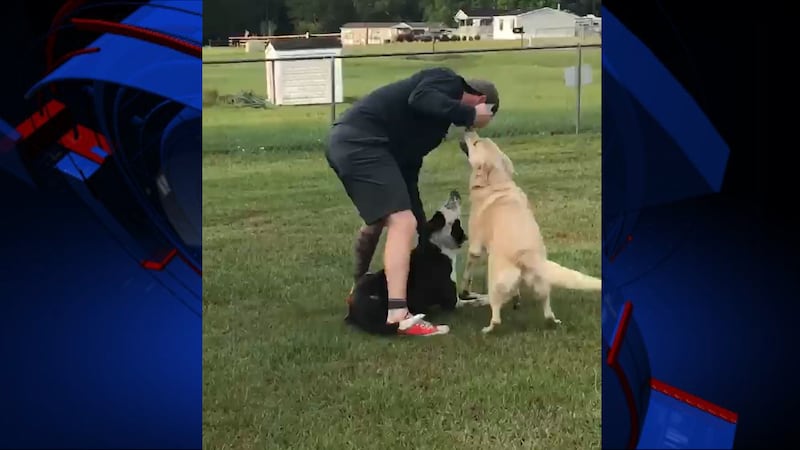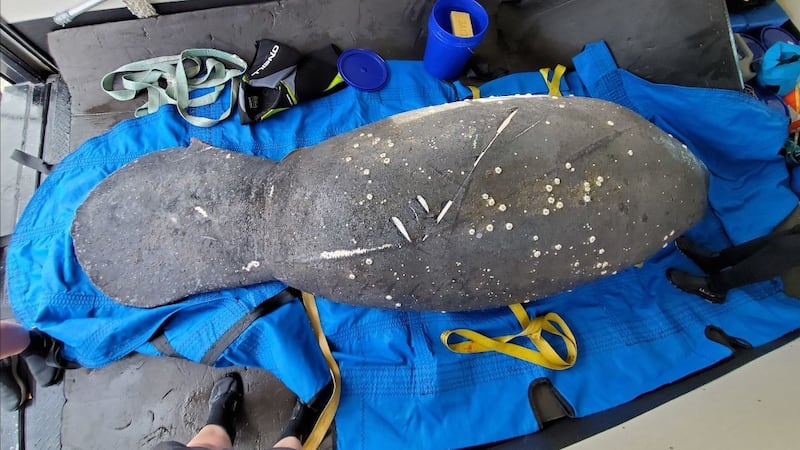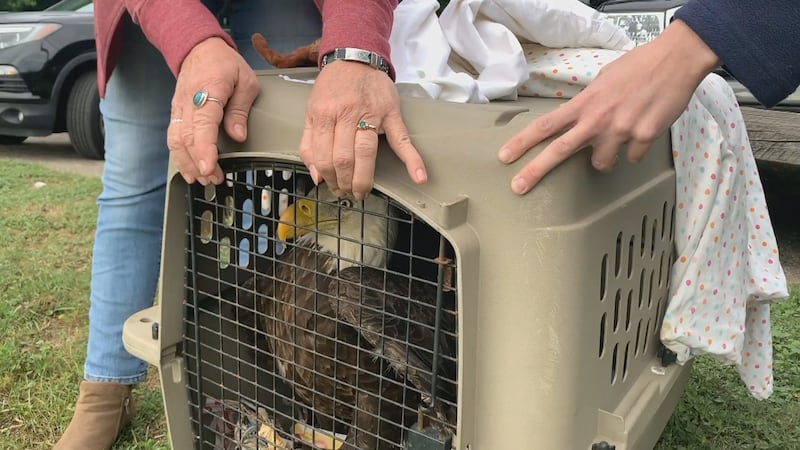Honey bee population struggles to hang on

February 14, 2019
COLQUITT COUNTY, Ga. (WCTV) -- Honey bee hives in South Georgia are starting to heat up for the season, but their population could be in danger.
A new study in the journal Biological Conservation shows a decline in insects that could have "catastrophic" impacts.
The report, titled, "Worldwide decline of the entomofauna: A review of its drivers" highlights that more than 40 percent of insect species around the world are threatened to be extinct within the next few decades.
The journal cites things like habitat loss, pesticides and pollution as potential causes for the insect decline.
Several species of bumble bees have been listed as either endangered or under consideration by the United States Fish and Wildlife Service. While the honey bee is not, beekeepers around the nation have struggled with high colony losses for years.
In a study by The Bee Informed Partnership, a non-profit which works to better understand the bee decline, reported a more than 30 percent colony loss nationwide from October 2017 to April 2018.
Slade Mercer owns South Georgia Honey Bee Ranch. We spoke with Mercer last June, who said over the years, he lost as much as 35 percent of his colony.
On Thursday, Mercer said 2018 was a good year, with much stronger survival rates than in years past. By taking care of his colonies, taking note of which ones are stronger and which ones need extra care, he expects 2019 to be another good year.
But, across the region, things like habitat loss are still a problem, especially to the west after Hurricane Michael.
"A lot of trees were blown down, a lot of people used that as an opportunity to say, we'll just clean up this fence row, knock all these weeds down and stuff and it'll be easier to maintain now, and it won't get out of hand. But, by cleaning up those fence rows, you destroy habitats for beneficial insects," Mercer said.
Experts said when one insect leaves an ecosystem, it causes a chain reaction, impacting every species on the food chain. For honey bees, that impact could be devastating.
"Then we're in trouble, as far as the human race. The honey bee is the driving force behind all agriculture. Everything we touch in agriculture, somehow, someway is related to bees," Mercer said.
Honey bees are vital pollinators for a lot of local produce, like Vidalia onions, blueberries, alfalfa and canola oil.
Right now, the queens are still laying eggs, gearing up for the upcoming nectar flow. Many of the colonies are active, which is earlier than normal because of the warm weather.
Local beekeepers said the early start could be trouble. If the bees go through last year's honey supply too quickly, they won't be able to sustain themselves and keep up with hive demand.
Mercer said swarms are already being found around some South Georgia homes, which is also a few months ahead of schedule. In order to help the bee population stay strong, Mercer said beekeepers will take care of swarms, or relocate hives. If you have a swarm, experts ask you to contact a local beekeeper or extension agent.
Homeowners can also plant things like marigolds, lemongrass, lavender, thyme or other mints to help feed the bees.









